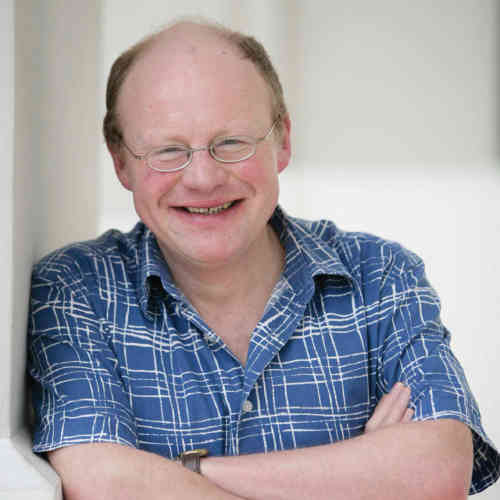They are familiar words, ringing across at funeral services:
The body that is sown is perishable, it is raised imperishable; it is sown in dishonour, it is raised in glory; it is sown in weakness, it is raised in power; it is sown a natural body, it is raised a spiritual body. (1 Corinthians 15:42-44)
The seed is the perfect picture for the now-but-not-yet, complete-but-incomplete, slow-mission Kingdom in which we live.
Some seeds look wizened. You bury them in the soil. They are inconsequential. But a plant has spent a whole summer and all its strength manufacturing them. And they are packed with life: as the old saying has it, you can count the seeds in the apple, but you can’t begin to count the apples in the seed.
Seeds are complete but incomplete, fulfilled and unfulfilled, finished yet hardly started, old in one age, new in the next.
In Christian-world and Christian-speak I think that’s what we aspire to be. Wizened, inconsequential, easily forgotten; and at the same time, seasoned and refined by grace, fulfilled, and ready to carry all the good we’ve known into an unfolding future. We aren’t there yet, and we don’t get there except through death, but even through death we don’t lose anything of importance; we carry it all. Everything sown here–every hope, every partial work, every tear–find a harvest there.
Nice thought.
Seeds are complete but incomplete, fulfilled and unfulfilled, finished yet hardly started, old in one age, new in the next.
[Jesus] also said, ‘This is what the kingdom of God is like. A man scatters seed on the ground. Night and day, whether he sleeps or gets up, the seed sprouts and grows, though he does not know how. All by itself the soil produces corn – first the stalk, then the ear, then the full grain in the ear. As soon as the corn is ripe, he puts the sickle to it, because the harvest has come.’ (Mark 4:26-29)
(photo: Julie Jablonski)





